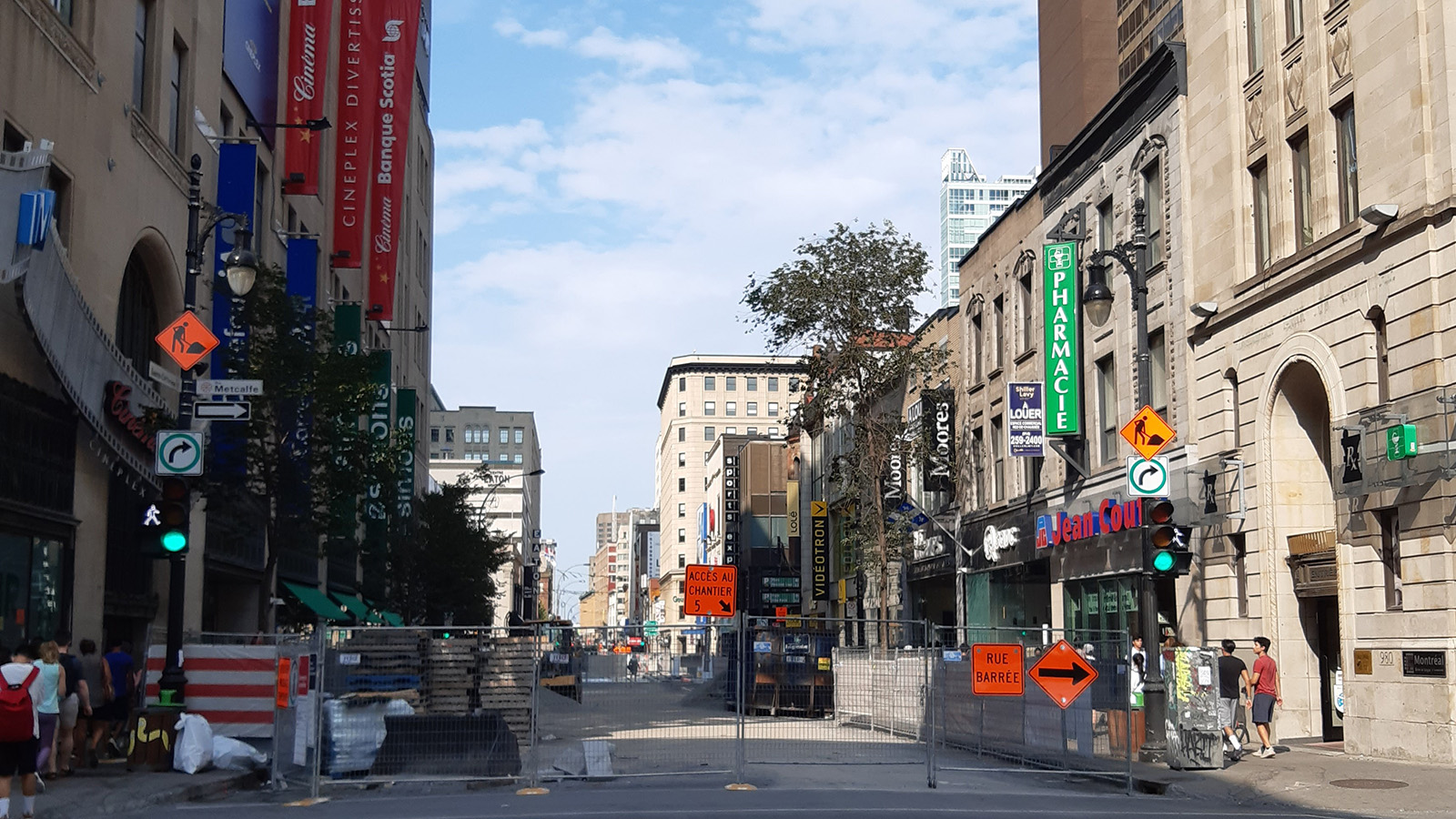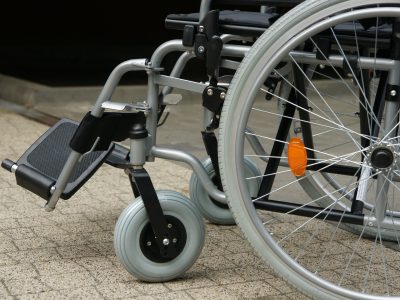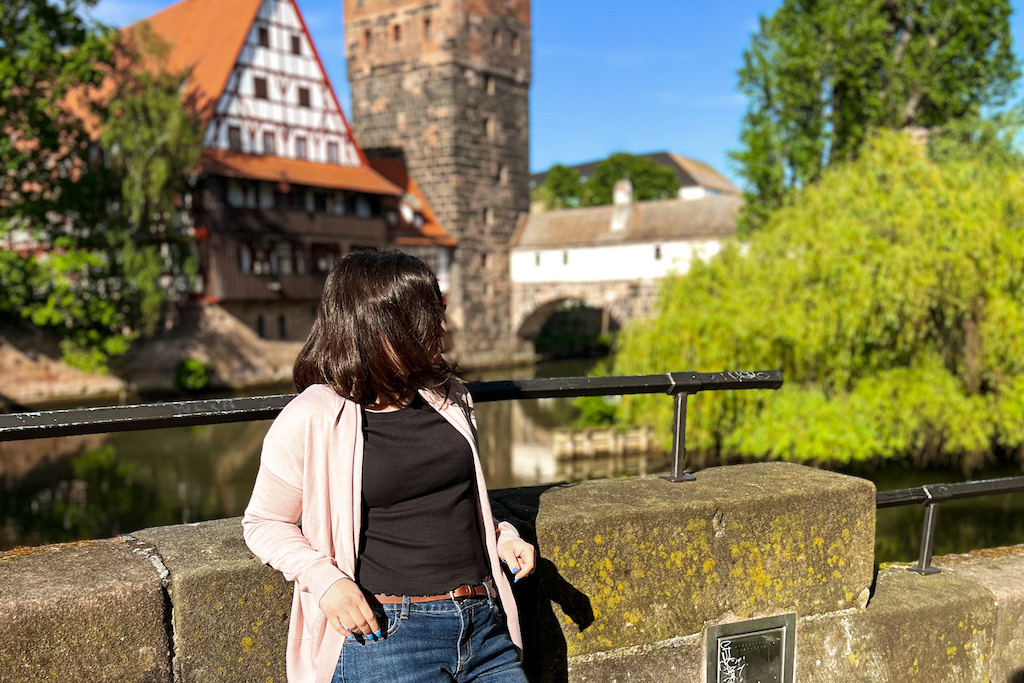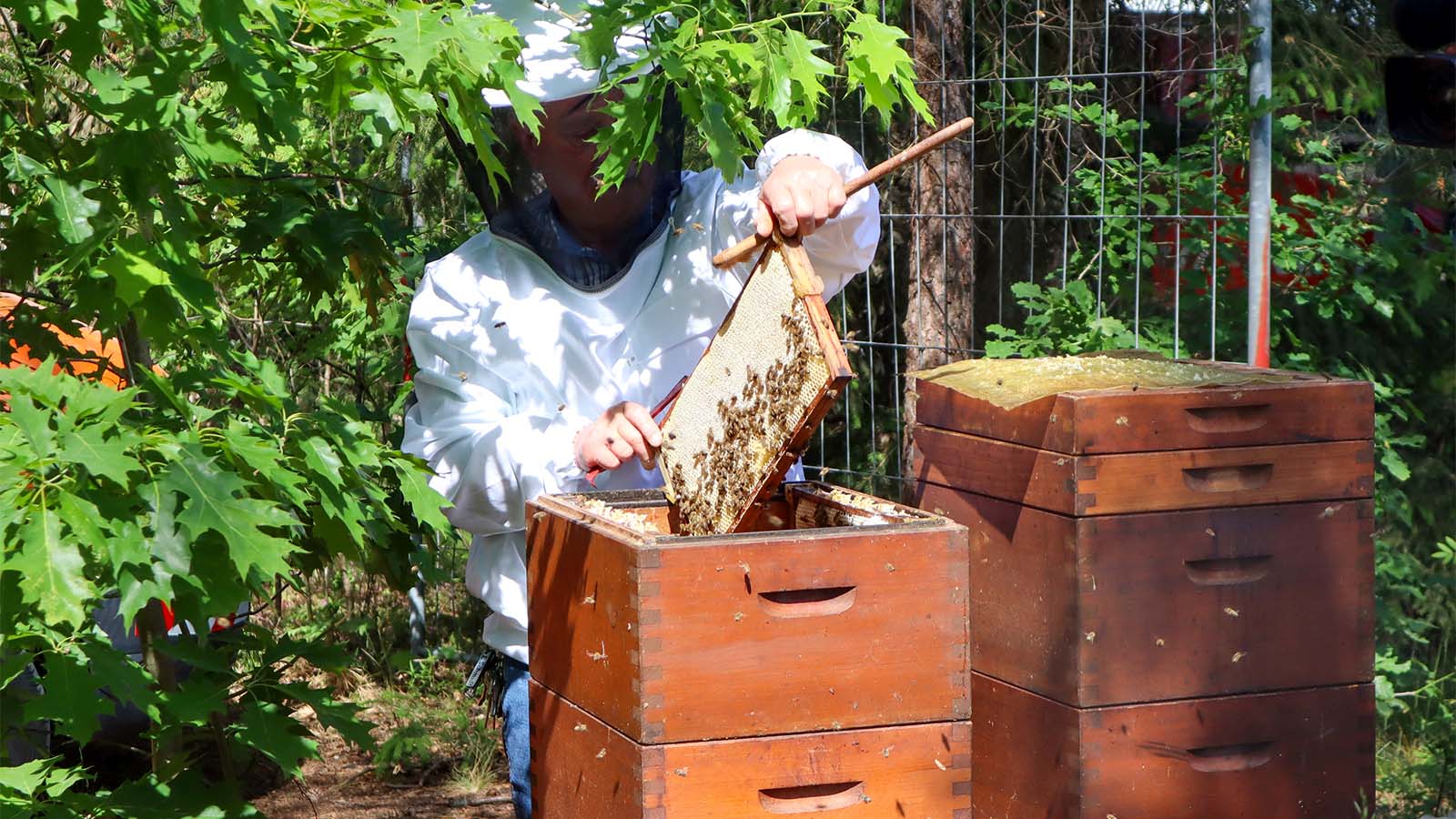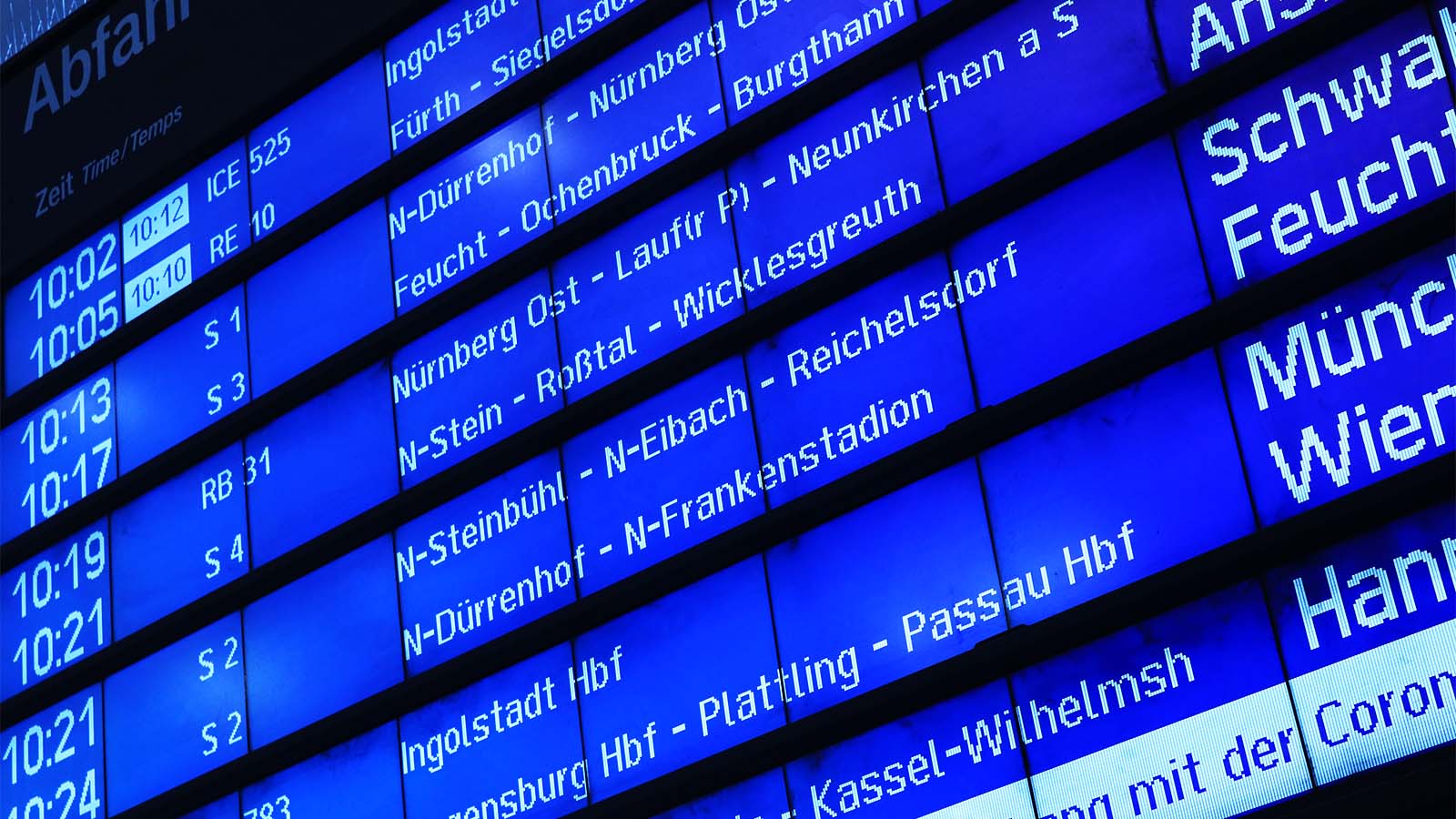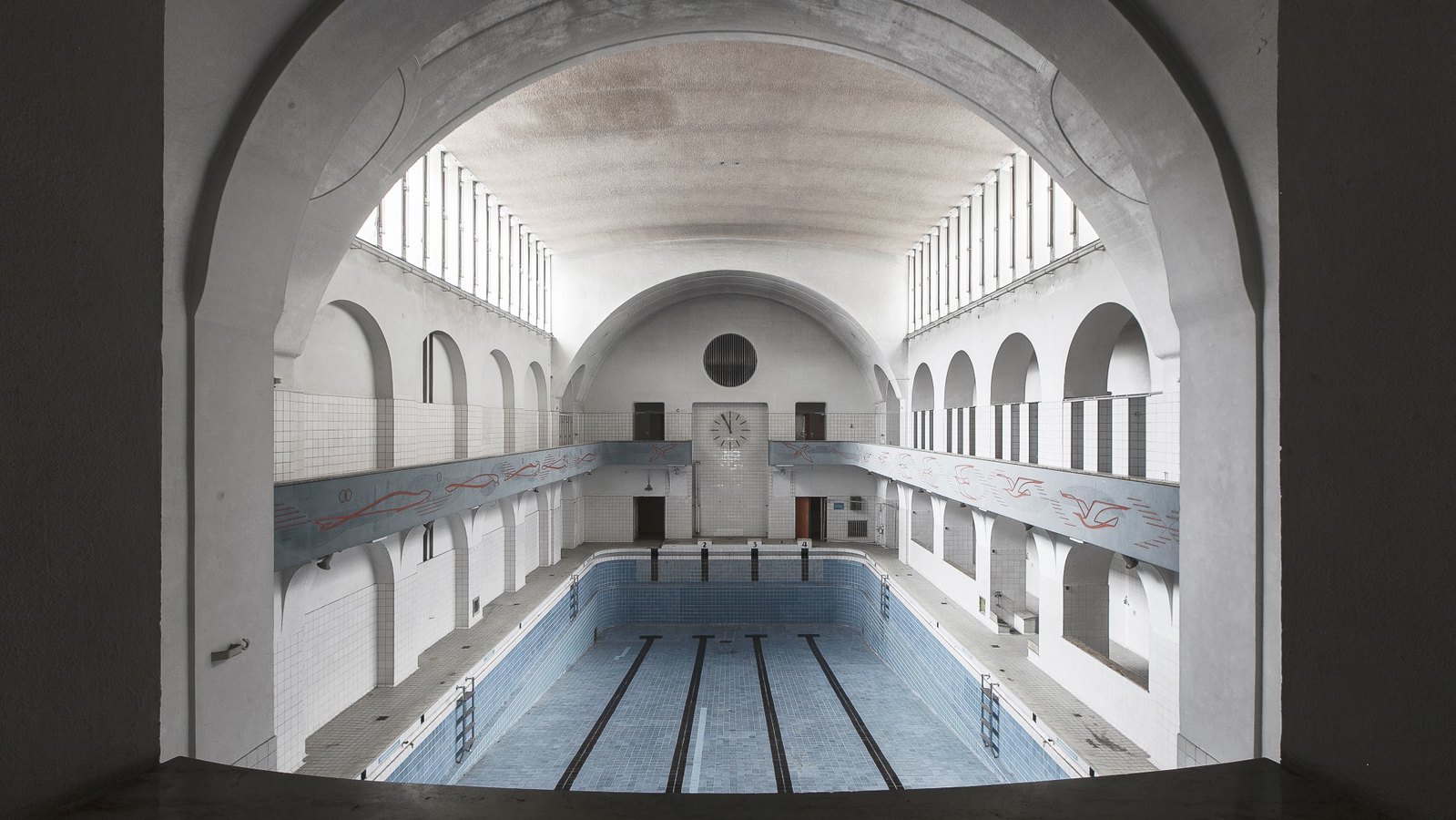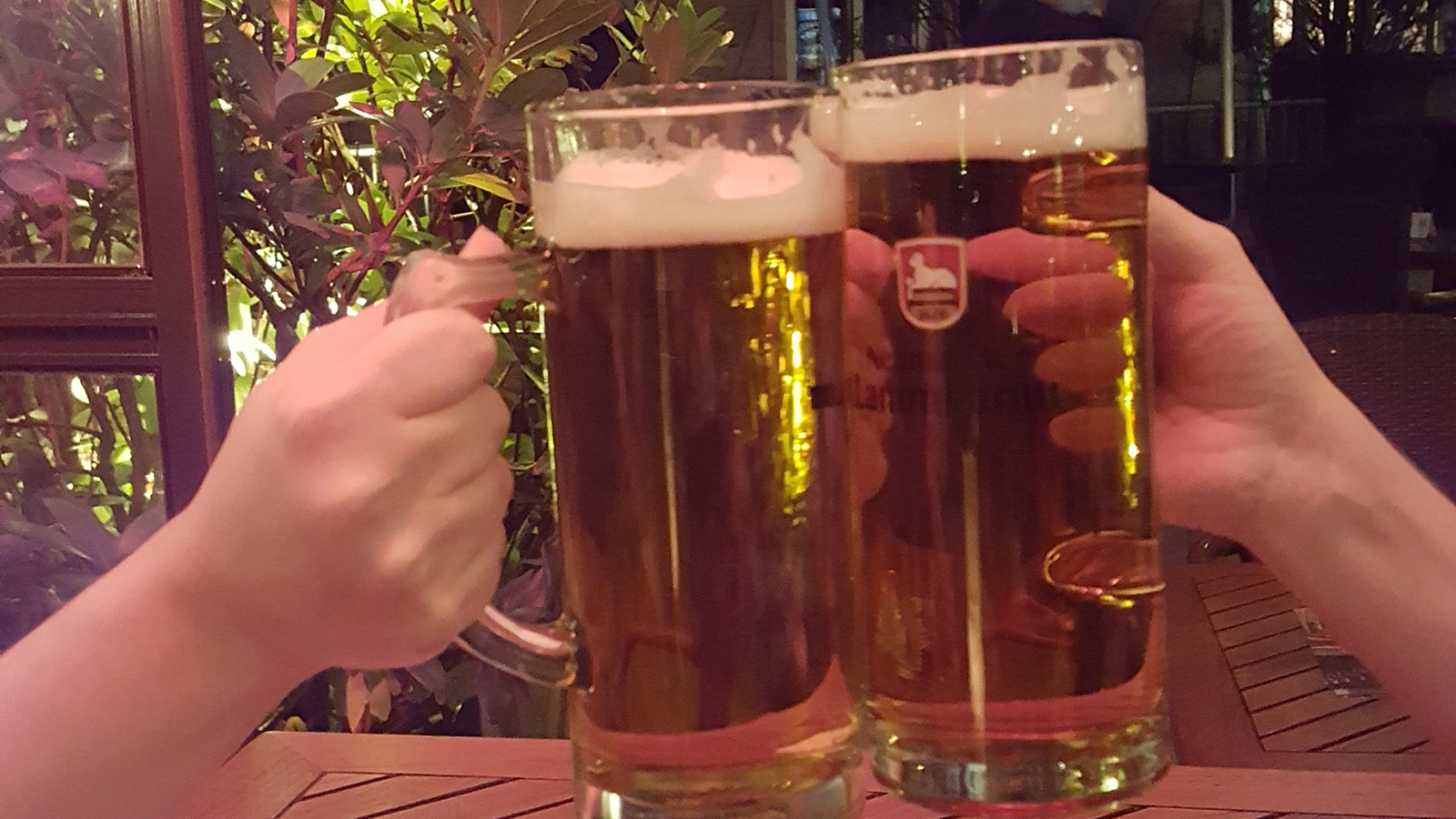If you are living, or have ever lived abroad, you would know that reverse culture shock is not a joke; it’s a very real thing! Most people associate culture shock with moving to a new place – you feel confused or disoriented when subjected to a new culture, environment, and way of life. People even expect to feel this way, as culture shock is a well-known phenomenon.
No one really expects to feel that way in their home country after spending years abroad, which can be even more disconcerting because it’s almost always unexpected.
Reverse culture shock is defined as the feelings of surprise, disorientation or confusion experienced when people return to their home country and find they do not fit in as well as they used to. Usually this comes from a change in perspective from living in a new country, learning about new cultures and customs, or even from idealizing one’s own home country. Reverse culture shock usually comes as a surprise to people because we don’t realize just how much our lives and ways of thinking have changed and have been impacted by our new experiences.
I’ve lived in Germany for the last several years. It had been two and a half years and one global pandemic later before I took a trip back to my home country of Canada. I was so excited to see old family and friends, as well as to see how things have changed in light of the Covid-19 pandemic. Prior to the pandemic, I was flying back at least once a year, sometimes more. It was easy to keep up with what was going on in everyone’s lives and what was happening in the city where I used to live because very little time had passed in between.
Then the pandemic happened. Canada implemented a 14-day quarantine, and when I thought things were supposed to be getting better, they added a mandatory three-day hotel quarantine for all incoming travellers, which could cost travellers up to $2,000 CAD (around €1,350) for three nights!
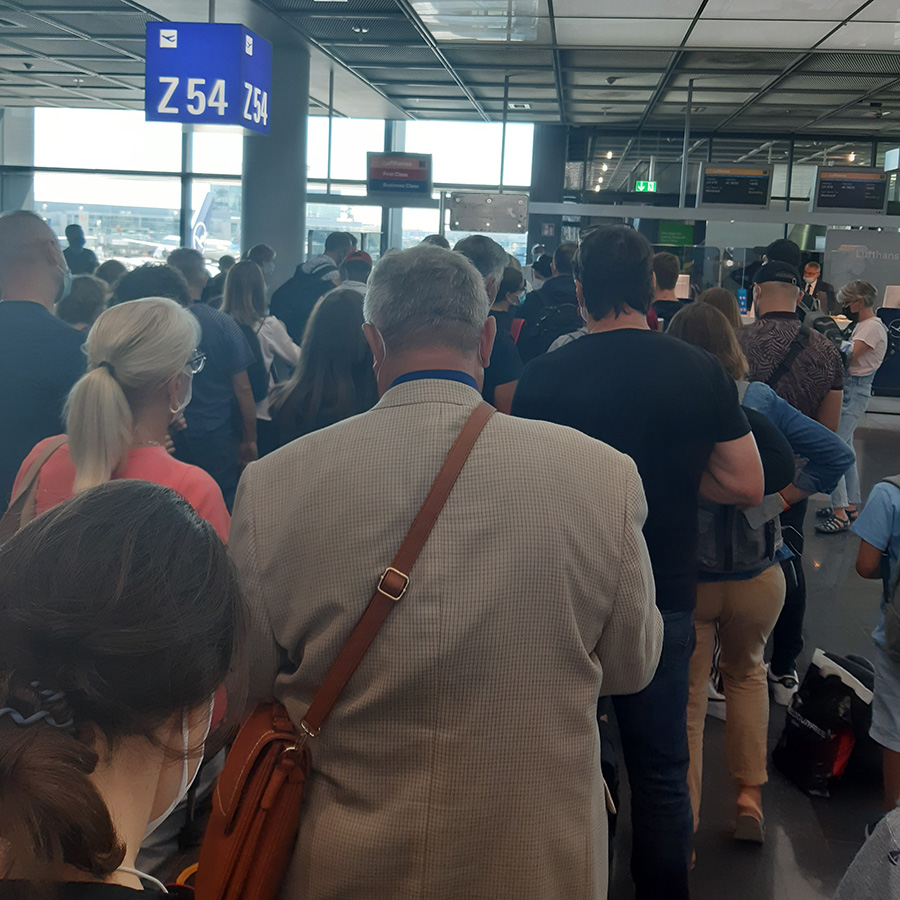
Boarding taking longer than usual due to COVID checks
I opted not to travel there for as long as I could manage, but the more time went by, the more I longed to go back. I missed my family, and I missed the big city I grew up in.
Finally, Covid-19 vaccines were being rolled out, and I jumped at the first available appointment offered to me. In July 2021, Canada changed the quarantine rules, exempting anyone who has gotten their second shot of an approved vaccine at least 14 days prior to entry from undergoing the two-week quarantine or staying in the three-day quarantine hotel. I got my second dose at the end of July and was counting down the days until my trip.
I anticipated the emotions I would experience after such a long absence – maybe I would cry upon landing at the airport, or at seeing my family again, or at seeing my old home and my old bedroom? Well, in fact, none of those things happened. I did not cry at all, not a single tear. Actually, the opposite happened – my emotions felt flat, like a deflated balloon. There were things I had to do while I was there, tie up loose ends and sort out the remainder of my things – it was never meant to be a fully relaxing holiday. That was only the beginning of my feelings of dissonance.
I’m from a Canadian city known for its atrocious levels of construction and poor infrastructure and road quality. This was something I’ve lived with for over twenty years. Dodging potholes while driving and making your way around road closures was a natural part of life. This time, however, was much, much worse. Somehow, no one thought to take advantage of the lockdowns and fix the roads while no one was driving on them – instead, this summer I saw an unprecedented number of orange cones and road closures – naturally most not having anyone actually working on them. Every third road had something orange on it. The entire city had become one giant ‘Baustelle’ (construction site). Somehow, someone had the bright idea of digging up one of the busiest streets in the downtown area (which still isn’t finished, nor did I see anyone working on it), leaving many businesses struggling and some even forced to close in the wake of both construction and a pandemic.
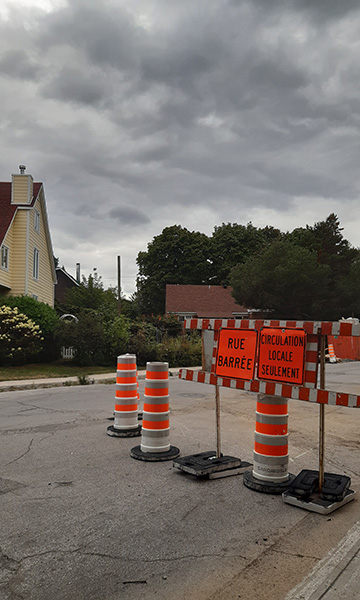
Road closed
Photo © Melissa Handelman
The second thing I noticed was that I was spending a huge chunk of time sitting in a car getting from point A to point B. Nothing was walkable given that I was in the suburbs, and getting anywhere meant spending your time sitting in a vehicle – whether that was a car, bus, or metro (which was very loud – I had to ask my friends, was the metro always this loud? Apparently, it was). Speaking of vehicles, I had forgotten just how many 4×4 (pickup) trucks are present in North America. I hate them. Why anyone would want to drive one is beyond me, and they were everywhere. In fact, everything in North America is oversized, from cars to fridges and stoves, to the splendour of extravagant homes. Grandiose mansions, which I used to find beautiful, now seemed obscene and unnecessary. Who really needs that much space? I suppose I’ve outgrown the North American obsession with size.
Things that had always annoyed me before became worse – I despised the fact that tax is not included in the list price in stores. After living in Europe for years and knowing that if an article is priced at €10, that’s what I’m paying at the cash register, is something I eventually took for granted. The fact that tax in Canada is calculated afterwards felt like more of a scam than it ever had before. I seethed when I had to pay $68 for an item priced at $60. How is that even legal?
Then there were things that I hadn’t even noticed before. The air smelled bad. The humidity was horrible (this is on the east coast in the summertime), and the water tasted different. Canada is so environmentally unfriendly. Why are we using paper plates at a house party? Is washing dishes that difficult? Why am I getting a paper cup and plastic one-use cutlery at a coffee shop when I’m not planning on taking anything to go?
Even things I didn’t like about Germany, such as lack of air conditioning or cash-only at certain shops, became natural over the years. Even though air conditioning was necessary in Canada due to the intense humidity, I found the air indoors felt stale, and I often got headaches from it, but fresh air wasn’t satisfying either. At restaurants, waiters would automatically bring the card machine and were very confused when I wanted to pay in cash! Most shockingly, I never even went shopping on a Sunday while I was there (even though I could)!
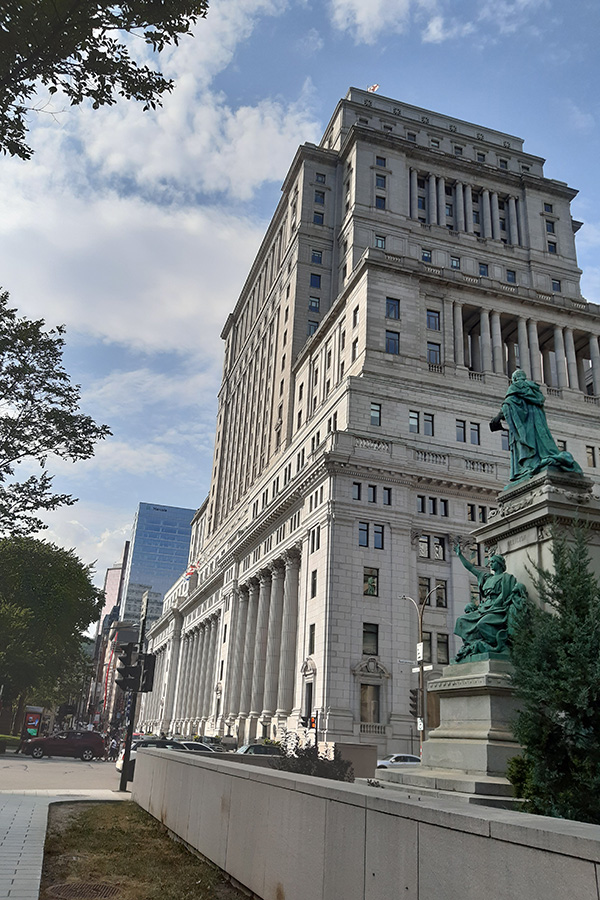
Montreal Sun Life Building
To my surprise, I kept wondering what everyone in Germany was doing. During previous trips to Canada, my life in Germany always felt like a dream – sometimes I wondered if all that stuff even really happened. This time, however, was acutely different. There were events going on in Nuremberg that I wouldn’t be able to attend, and I felt like I was missing out. I even wondered how my coworkers were getting on.
Don’t get me wrong, I was still happy that I returned. It was nice to see how everyone’s lives had carried on – including my own. However, I was glad to come back to Germany, too. Oddly enough, all those emotional feelings I expected to experience on returning to Canada happened on the way back to Germany. I was so relieved to be back and cried upon meeting my partner at the airport.
Everything felt so different after just three weeks away – the air smelled better and felt fresher, and the water tasted better too. Driving on the ‘autobahn’ felt like the smoothest ride of my life after three weeks of potholes and bumps in the road. My neighbourhood and the buildings looked more beautiful than I remembered, and I was so happy just to be able to walk from one place to another.
I was personally very surprised by my own reactions to both returning to Canada and coming back to Germany. It also made me reconsider when I use the word “home.” I often associated going to Canada with going “home,” but being there I felt a bit out of place. It made me remember that one of the reasons I left was because somehow, deep down, I had always felt a bit out of place. Germany became the place where I am needed and valued, but more than that – it is the place where I can truly be myself.
This article was written in Canadian English.


